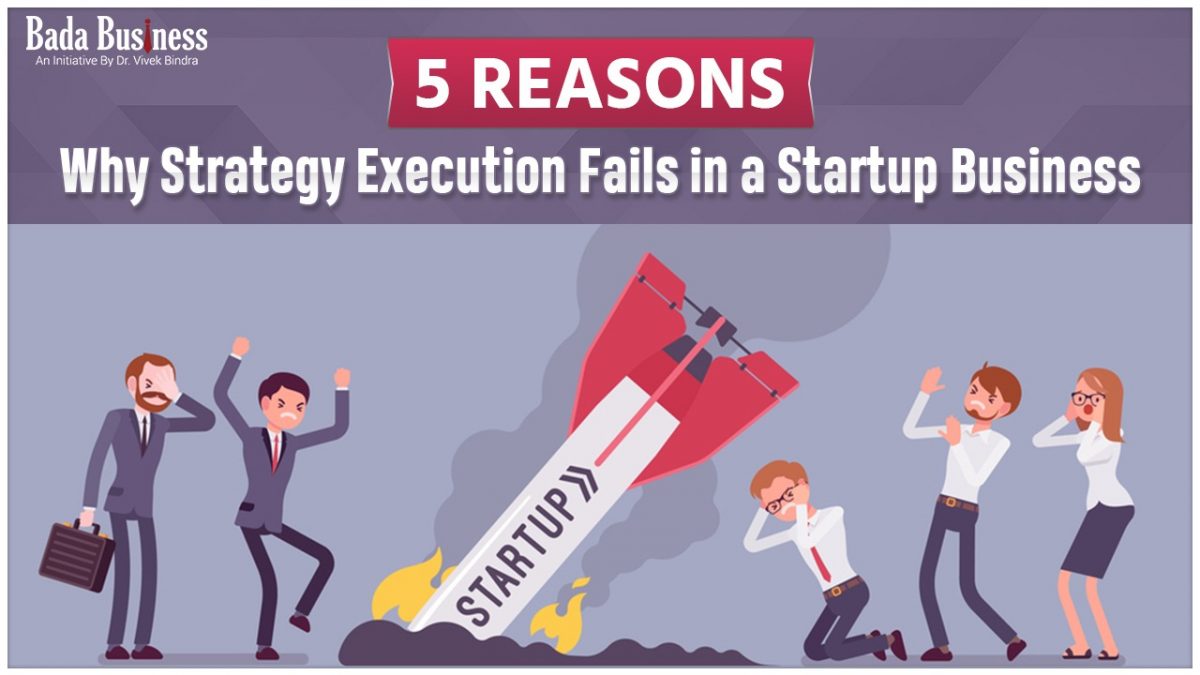To make a startup business a successful one in a short time, as much as a great leader, a good business model, and a good team- the best business coach is also needed. A business coach with good experience gives good direction to the business. With his clear understanding and sharp vision, he also works to give better leadership to the team along with the leader.
But many entrepreneurs often wonder if it is the only reason for which they need a business coach? So, in today’s article, we talk about why an entrepreneur needs a business coach and what are the main things that a great business coach can bring to any startup business or even a large organization.
1. Goal Identification and Clarity
Entrepreneurs may know many nuances of business, but every entrepreneur needs a guide to identify his or her professional goals for a clear vision. The best business coach in India can help you in clearly defining your goals. A corporate trainer is a person who plays a unique role in identifying your goal and bringing clarity to it. An entrepreneur needs to be focused and clear towards his goal, his concentration and clarity only enable him to overcome the difficulties in business.
Despite having a good business model, if an entrepreneur lacks clarity of his goals then he cannot make that business model successful. A business coach helps you to start the business by bringing minute details related to your business model to your notice. This helps you to build a great business model for your startup venture.
2. Your Business Gets Expert Advice
Not every entrepreneur needs to have the efficiency of the business. If you are an entrepreneur, you don’t need to be an expert in every field. Many times, due to a lack of correct information on any subject, wrong decisions are taken in the business, which can directly affect your business. But if you have a business coach then you can remove whatever chances you have of making wrong decisions that can ruin your business. A business Trainer in India is no less than a technician for your business. You should have expert support. If your business is in the initial stage, then having a business coach can help you climb the ladder of success. If the mistakes of the beginning take a toll on your business, then it becomes a little difficult for you to run the business smoothly. That is why the expertise of a business coach is very important in your starting business.
3. Business Coach can Help You Achieve Goals
A business can only be successful when every member of your team along with you should are very much aware with your business goals. The business coach first understands your business goals and then tells you the techniques to achieve them easily. It works to improve your business planning by catching those weak links, which can harm your business in the future. The methods and strategies suggested by Business Coach add life to your business and also work to connect your clients, employees, and business partners with your business for the long term.
Only a good team takes the business forward and a great leader takes the team forward. A business coach inculcates those leadership qualities which are needed in a good leader and entrepreneur.
Many such startup businesses in India started and closed after some time due to a lack of good strategies, expertise, and guidance. But there are some other businesses as well, which have emerged as examples in the industry. They have set the benchmarks with their success milestone. With the help of the best business motivational speaker in India, you too can make your business successful.
The idea of managing a business is easier said than done and we completely agree with you. This is why to help you move forward with your business goals, we at Bada Business offer an exclusive Business Coaching Program that comes with Foundation courses, specialized courses, and value-added courses.









